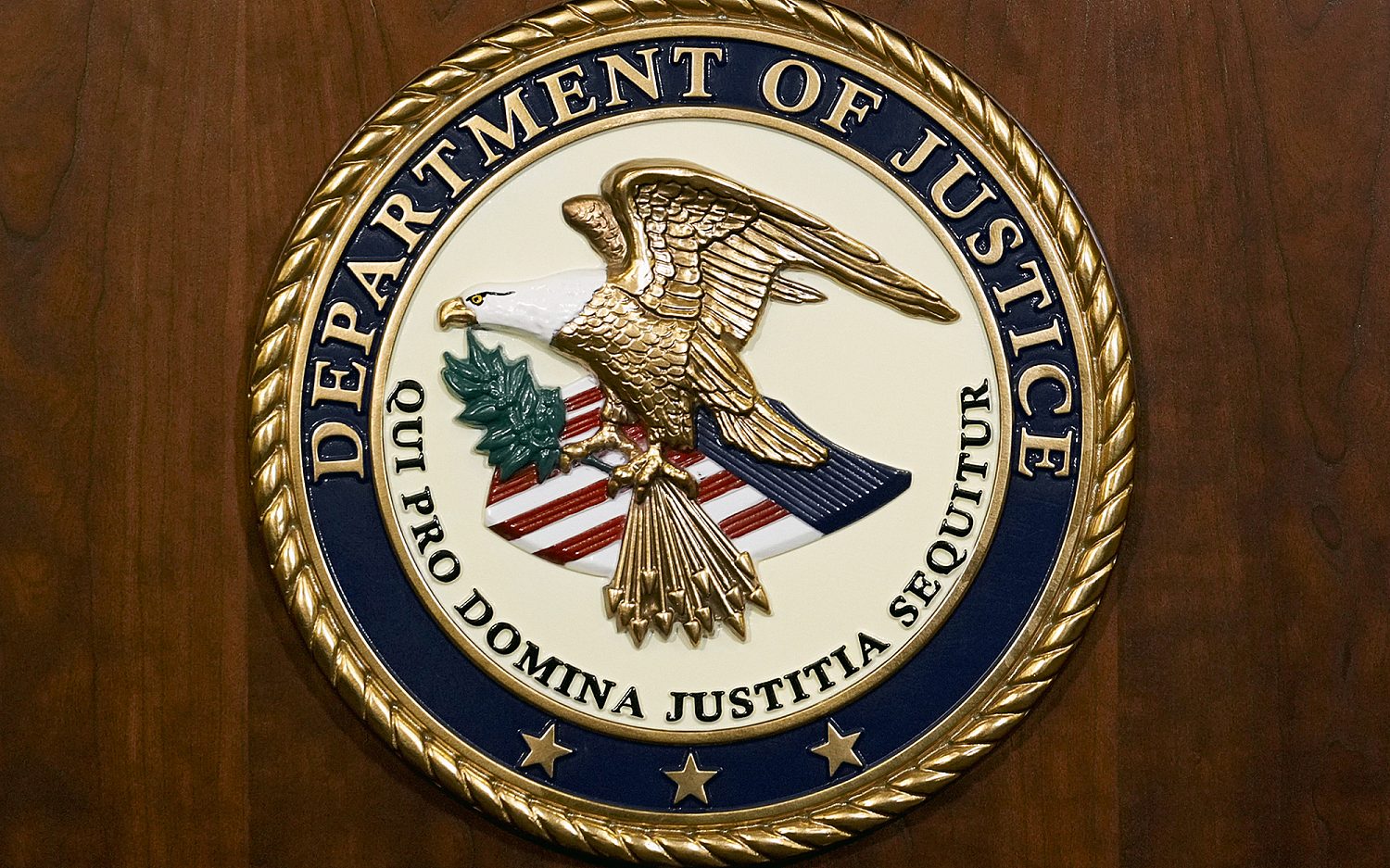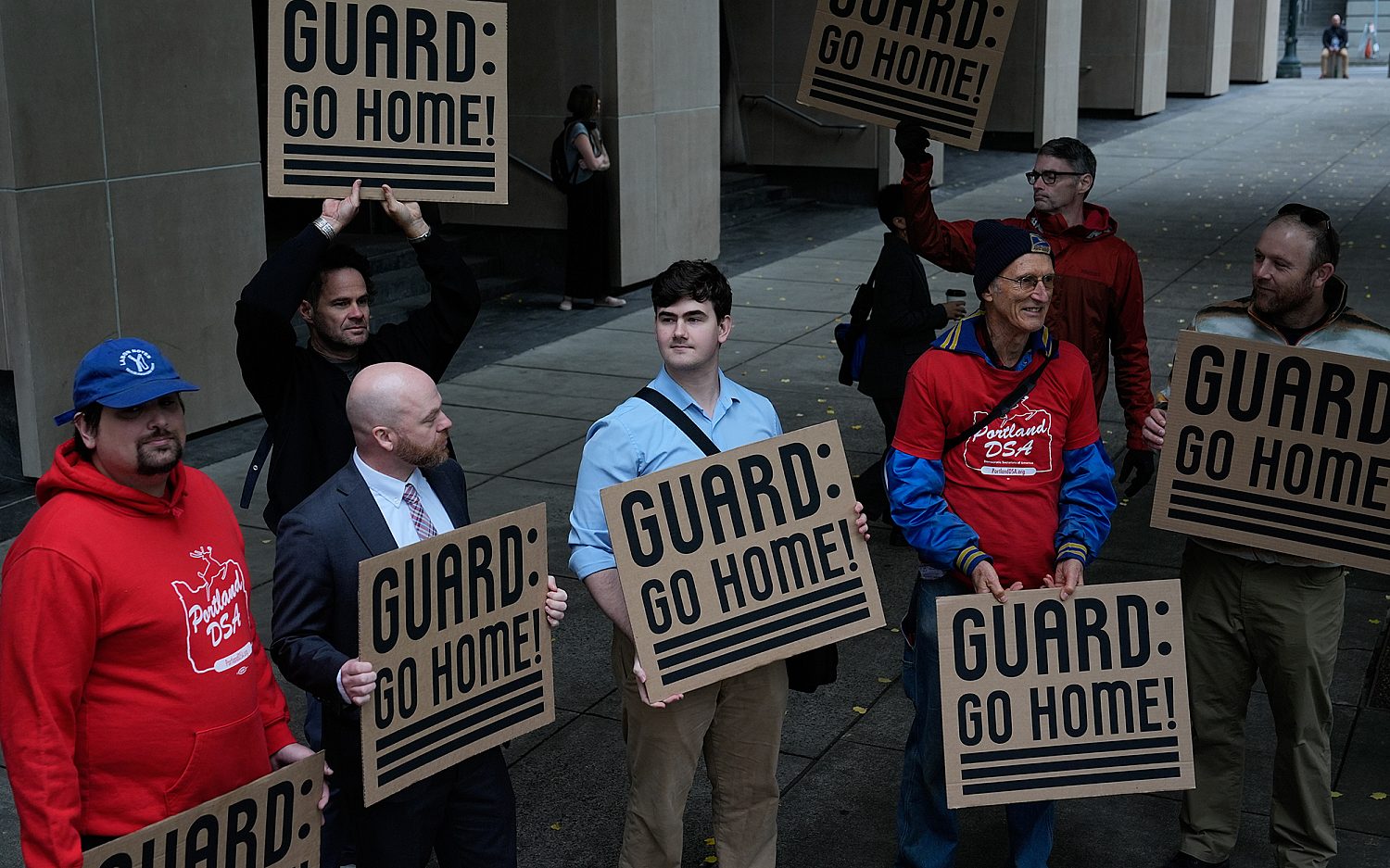LGBT groups celebrate withering religious liberty in Philadelphia
Activists and attorneys at the Democratic National Convention make clear: No religious exemptions to gay agenda
PHILADELPHIA—A banner hanging on the side of the National Museum of American Jewish History in the Old City district of Philadelphia beckons visitors: “Come learn about the roots of religious freedom here.”
But inside the comfortable building across from Independence Hall, gay rights activists, attorneys, and politicians have been discussing an uncomfortable reality this week: In their opinion, gay rights trump religious freedom.
The gay rights group Equality Forum is holding its annual meeting in Philadelphia during the Democratic National Convention, and the mood is celebratory: Attendees lined up to meet James Obergefell, the plaintiff in the Supreme Court decision that legalized gay marriage.
Obergefell signed copies of his book Love Wins, and last night on the convention floor, as Democrats nominated Hillary Clinton for president, Obergefell participated in the Ohio delegation’s casting of votes.
“We know this, love trumps hate,” he said to cheers.
Back at the museum, activists and attorneys discussed the windfall of victories they’ve won over the last few years, culminating in the gay marriage decision last summer. But they also made one thing clear: They’re not done yet.
Indeed, panelists spoke about all the areas they’re trying to influence: transgender restroom laws, taking Title IX funding from religious schools that cite religious exemptions, and banning so-called “conversion therapy”—a prohibition that could ensnare state-licensed Christian counselors from helping young clients with unwanted same-sex attraction.
Some went further. Janson Wu, executive director of GLAAD, talked about pushing for requiring public schools to include gay history in curriculum, and requiring schools to include gay sex education in their health classes.
“There’s so much more we could imagine,” he told the group. “We can apply it to every area of our lives.”
But when it comes to Christians seeking to apply their convictions to every area of their lives, the discussion shifts. If a florist, a baker, a photographer, or other service provider asks not to participate in a same-sex wedding, there’s no room for even a narrow conscience clause.
One attendee asked the panel: Does someone’s religion trump my freedom? James Esseks of the ACLU, responded, “My answer to that question is no.”
Esseks is involved in some of the cases against business owners asking for exemptions, and he said his side is doing well. Still, he warned religious freedom laws in a handful of states seeking to provide exemptions for such business owners could be difficult to combat: “We’re working on keeping those laws from happening in the first place.”
They’re also working to pass non-discrimination laws in states across the country that would preempt a religious freedom exemption when it comes to public accommodations.
In a panel on Tuesday, U.S. Rep. Jared Polis, D-Colo., who is openly gay, suggested there could be room for discussion with people with religious concerns. Gautam Raghavan of the advocacy group Gill Foundation interjected, “I want to be careful that we don’t say there is a kind of balance between equality and religious freedom.”
Meanwhile, Shannon Minter, a transgender attorney, talked about a new front for gaining more accommodations (like restroom and locker room use) for transgendered people—using the Americans with Disabilities Act. Minter thinks attorneys could leverage the law that requires public spaces to accommodate people with disabilities to accommodate people who identify as transgender.
A sympathetic audience member asked: Are you worried about implying transgender people have a disability when the LGBT community has worked to define preferred sexual expressions as healthy?
Minter acknowledged the tension but said some transgender people do seek medical treatment in their process. The attorney also said using the word disability doesn’t have to imply something is wrong: “One goal is to destigmatize the concept of disability so it doesn’t have a negative connotation.”
It’s clear that redefining terms is critical in the activists’ quest to pass laws and change minds.
“The obstacles people face aren’t because of who people are but the way the world has been structured and created around them, and the way the world sees us,” Wu said.
If the panelists offered a fascinating look inside the future plans of LGBT activists, and what’s ahead for Christians who clash with those plans, it also offered a sobering call to wisely respond to that agenda.
Many of the activists seemed confident Clinton would advance their goals as president, noting she did such work as secretary of state. But Republican presidential nominee Donald Trump hasn’t provided much comfort for the other side.
While he’s promised to appoint conservative Supreme Court justices, Trump hasn’t acknowledged the serious concerns of evangelicals and other religious groups who say being required to participate in same-sex weddings or provide abortifacient or birth control drugs violates their consciences.
Instead, Trump spoke last week of easing federal laws so that churches can formally endorse candidates—a proposal that could perhaps do more harm than good and that doesn’t address the true threats to the religious liberty once cherished here in Philadelphia.
An actual newsletter worth subscribing to instead of just a collection of links. —Adam
Sign up to receive The Sift email newsletter each weekday morning for the latest headlines from WORLD’s breaking news team.





Please wait while we load the latest comments...
Comments
Please register, subscribe, or log in to comment on this article.